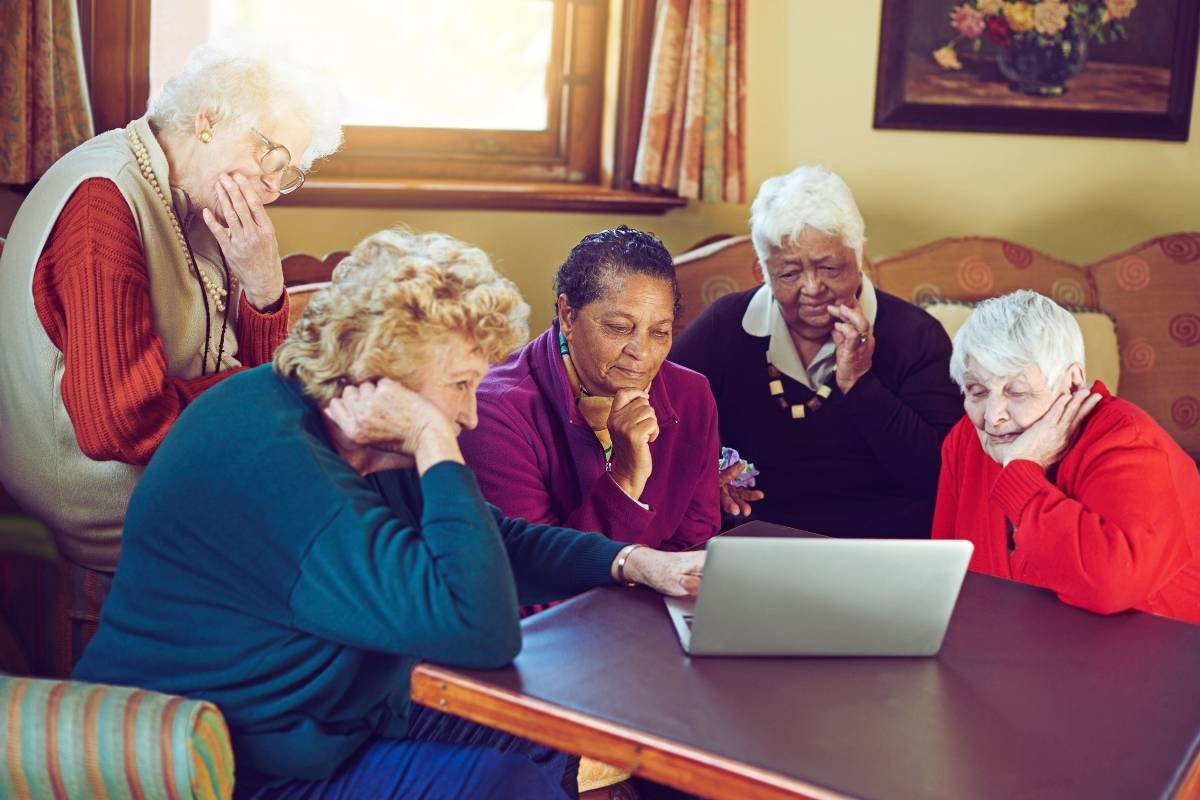
The Care Economy: An undervalued yet vital element to human well-being
Care is the foundation of every society and is broadly defined as the provision of what is necessary for the health, welfare, maintenance, and protection of someone.
The care economy is a global force, driving societal well-being and contributing to economic growth. From caring from the world’s youngest to its oldest, it’s value to the global economy exceeds $11 trillion. However, multiple pain points exist, impacting citizens and nations and creating future uncertainty. By empowering caregivers and addressing the increasing demand for quality care worldwide, we create opportunities to uplift and strengthen communities, support families, and transform lives across all borders.
Advancing Caregiver Development: Creating Economic Opportunities
Investing in caregiver development fosters sustainable livelihoods and professional growth. Worldwide, there are nearly 650 million unpaid caregivers who cannot work due to their caregiving duties. Roughly 93% are women. We enable caregivers to access training, certifications, and global and domestic opportunities, ensuring quality care delivery while creating pathways for economic empowerment and meaningful impact on the lives of patients and families worldwide.


Leveraging Future Technologies: Innovative solutions to transform lives
Harnessing cutting-edge technologies to revolutionize care delivery, connecting caregivers with those in need. The team from KaubanCare is committed to innovation, integrating best-in-class solutions to serve caregivers worldwide. We’re enhancing accessibility, efficiency, and quality in order to shape a future where the global care industry thrives, benefiting caregivers, patients, and communities alike.
Global Greying and the Care Economy
The aging of the world’s population presents a challenge affecting socities worldwide creating significant social and financial costs

An Aging Global Population
Developed and Developing Markets
By 2050, 17% of the global population, or 1.6 billion people, will be 65 or older. In Asia 25% of the population will be 65 and older. We firmly believe that societies are ill-prepared to meet the challenges of this societal and economic transformation.

Unpaid Cargiving Worldwide
Significant opportunity costs
An estimated 756 million workers are classified as domestic care workers. Roughly 85% are unpaid caregivers. Women accounting for 93% of unpaid caregivers. The feminization of care work continues to create challenges for workers worldwide.

An $11 Trillion Workforce Crisis
Creating Impact Solutions
The lost earming of unpaid caregivers is estimated at $11 trillion. In some countries this amounts to 15-20% of GDP. Lost opportunities due to family caregiving responsibility suggest the need for innovative solutions to address this growing workforce crisis.
Capturing Demographic Dividends: Securing a Post-Dividend Future
Virtually every country is experiencing growth in the size and proportion of older persons in their population. However, many countries are experiencing various phases of the demographic dividend driving growth and opportunities. The key bottleneck is optimizing the 15-64 or working-age population. In countries such as the Philippines, the care economy offers opportunities to contribute to economic growth, providing vast opportunities for caregivers and entrepreneurs to build a world-class ecosystem. By nurturing local talent and expanding global connections, we aspire to drive job creation, empower communities, and position the Philippines as a global leader and center of excellence in quality long-term care solutions.
